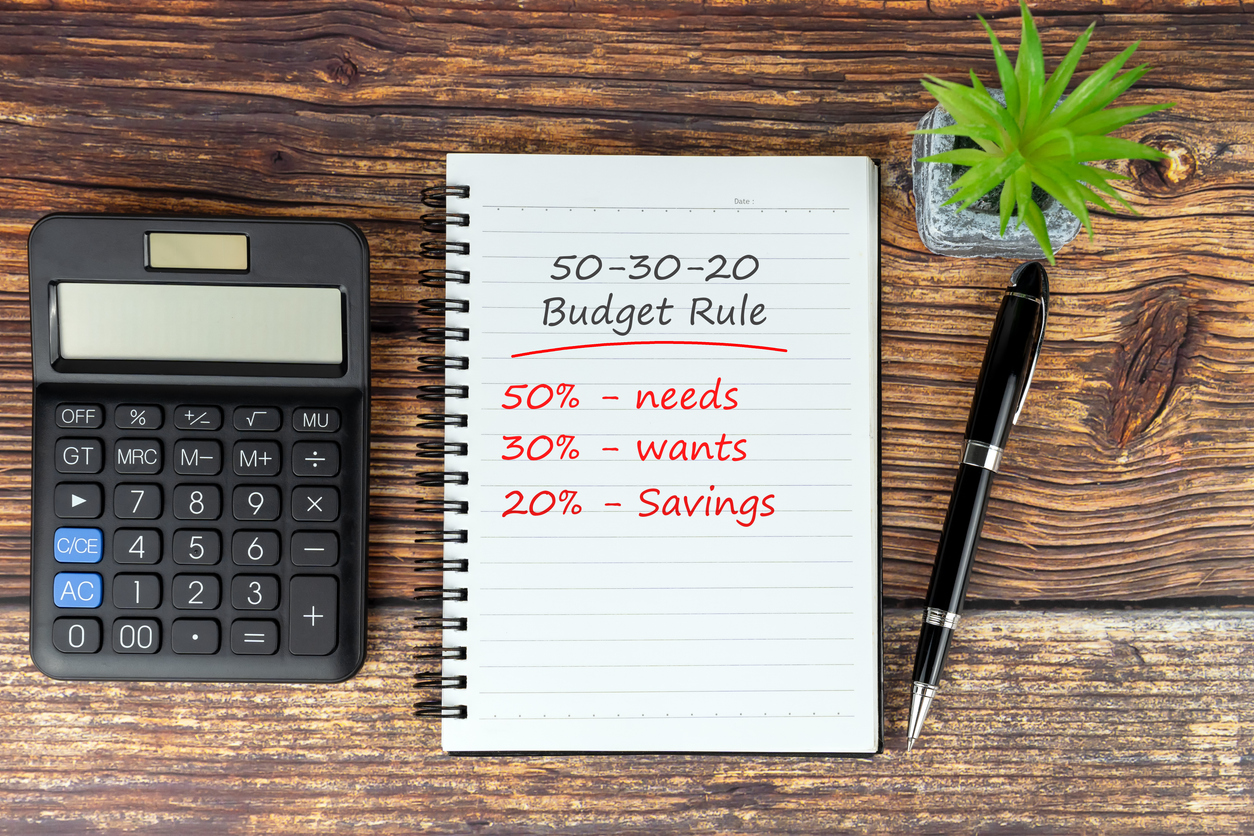Do We Focus And Care Too Much About Romantic Love?
Living Alone | 2oth March 2022 by Bella DePaulo
In the U.S. and many other places worldwide, people are in love with the idea of romantic love. They behave like they cannot get enough of the love stories that dominate movies, TV shows, novels, and songs. They seek romantic love in their own lives, sometimes desperately, as if finding it will magically transport them into some higher state of bliss. (It won’t.)

They go way over the top with their splashy destination weddings and marriage proposals that are turned into public spectacles. Even high schoolers have gotten in on this matrimaniacal excess as they try to create viral, Instagram-ready “wow” moments with their prom proposals.
Does this infatuation with romantic love seem dreamy? Or, at worst, harmless? It is not. Romantic narratives are stifling. They take this vast, infinitely varied set of entities we call humans and reduce them to one story. We, humans, are more than that.
What helps to make life joyful and meaningful for every one of us is our imagination – our ability to envision many ways to live a life, together with our boldness and resilience in the face of relentless cultural storylines that try to get us all to trod along the same, worn-out paths.
Social scientists have sometimes contributed to our preoccupation with romantic love by focusing on it far more often than they do on other kinds of love or other kinds of meaningful relationships. Increasingly, though, researchers are documenting the potential downsides of over-investment in romantic love. They are showing how romantic themes limit the aspirations of young women.
They also show that adolescents who get their wish and become romantically involved end up more depressed than adolescents who spend the same amount of time without any romantic relationships. Adults, too – women, especially – sometimes find that their romantic relationships become more depressing over time.
First, though, I want to offer some historical context.
Love as the basis of marriage is a fairly recent notion
We are accustomed to thinking of romantic love as the foundation for marriage. Still, historians have informed us for quite some time that love marriages are a relatively recent phenomenon.
When Elaine Hatfield and Richard Rapson published Love & Marriage: Cross-Cultural Perspectives in 1996, they noted, “For most of Western history until the eighteenth-century, love was not expected to end well.” Instead, “passion was assumed to end in shame, humiliation, dishonour, suicide, and ruin in almost every early society.”
In Marriage: A History, social historian Stephanie Coontz wrote: “Certainly, people fell in love during those thousands of years, sometimes even with their own spouses. But marriage was not fundamentally about love.” If you wanted to build something that would last, like a marriage, you would know better than to try to base it on romantic love.
Historically, she noted, better-off families “consolidated wealth, merged resources, forged political alliances, and concluded peace treaties by strategically marrying off their sons and daughters.” Less well-off people had other concerns: “‘Can I marry someone whose fields are next to mine?’; ‘Will my prospective mate meet the approval of the neighbours and relatives on whom I depend?’; ‘Would these particular in-laws be a help to our family or a hindrance?’”
The valuing of romantic love over all other forms is also fairly recent, as I learned when I researched my book, Singled Out. At other times and places, the greatest love of all was supposed to be reserved for God. Even setting aside religious and spiritual figures, the love for a romantic partner was not always seen as its own special thing.
Coontz noted that during the 1800s, Westerners believed that “love developed slowly out of admiration, respect, and appreciation.” Therefore, “the love one felt for a sweetheart was not seen as qualitatively different from the feeling one might have for a sister, a friend, or even an idea.”
Evidence for the risks of focusing too much on romantic love
How romantic images limit women’s aspirations
Why is it that so few women pursue careers in STEM fields (science, technology, engineering, and math), even when they show interest and talent in those areas? In part, the lure of romantic images and conversations and interests are to blame.
Do those clichéd romantic images of sunsets, romantic dinners, and candles seem innocuous? They aren’t. Research shows that when women in college see romantic images (instead of images of things that suggest intelligence, such as books and libraries), they express less interest in science and technology.
Does it seem like conversations about dating are also inconsequential? They aren’t. Again, if female college students overhear a conversation about another woman’s date, they express less interest in careers in science and technology than if they overhear a conversation about a course.
In another study, female college students kept diaries of their communications with their romantic partners. On days when they texted or called or spent time with their romantic partners, they paid less attention in math class and spent less time on their math homework. The day after, they were still shortchanging math class and math homework.
For adolescents, romantic relationships are depressing
A nationally representative study of more than 8,000 adolescents (ages 12 – 17) in the U.S. were followed over a year. The adolescents who become romantically involved got more depressed than those who did not – even if they stayed with the same person for the year and didn’t break up.
Some of the adolescents really wanted to be in a romantic relationship. Others didn’t much care. It was the adolescents who craved romantic relationships the most who became more depressed for the year, whether or not their wish came true.
Adolescents who became romantically involved also drank more than their peers who did not have romantic partners, and they also got in more trouble.
Some of the adolescents in the study were gay or lesbian, and some were asexuals. Those people also became more depressed if they became romantically involved. Their depression was even deeper than it was for the heterosexuals who had romantic relationships over the year.
For adults, too, romantic relationships can become depressing.
More recent research shows that in marriages and cohabiting and dating relationships, couples feel less satisfied and more depressed over time. Their self-esteem suffers, too. The losses are greater for women.
Like all others, I’ve reviewed here, these results, and in fact, just about all other findings from the social sciences, are based on averages. There are always exceptions.
This article was first published here.
Share this post:
Hear from Solo Living now and then by signing up to our mailing list


















